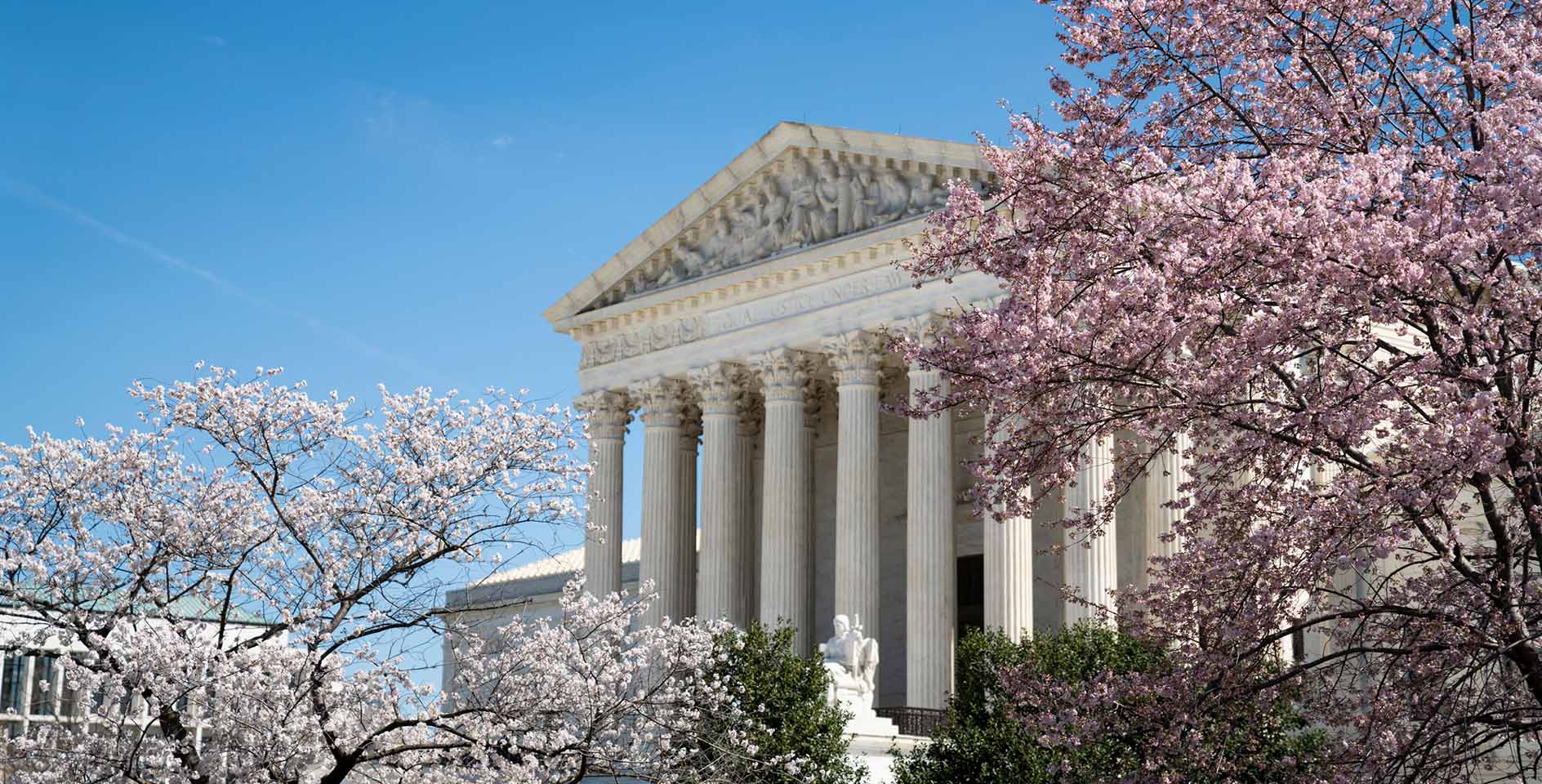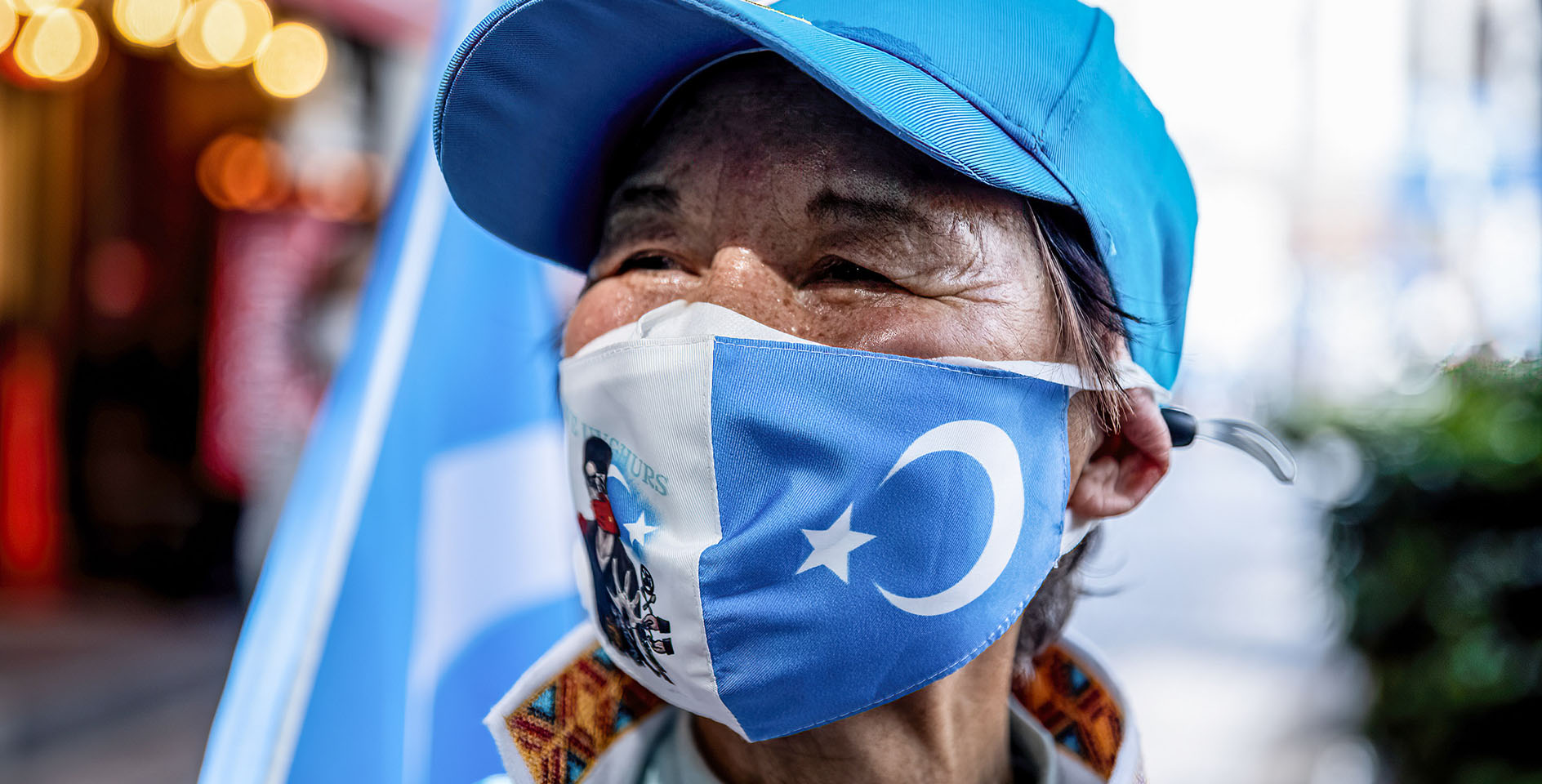On March 24, in an 8-1 decision, the Supreme Court ruled that John Ramirez should be allowed to have his Southern Baptist pastor pray aloud and lay hands on him as he is executed. The court found that Ramirez “is likely to succeed on his RLUIPA claims because Texas’s restrictions on religious touch and audible prayer in the execution chamber burden religious exercise and are not the least restrictive means of furthering the State’s compelling interests.” In this ruling, the court reversed and remanded the decision of the Fifth Circuit and provided direction for the lower courts to ensure that Ramirez’s religious liberty is protected in the final moments of his life.
Chief Justice Roberts wrote the majority opinion, joined by Justices Breyer, Alito, Sotomayor, Kagan, Gorsuch, Kavanaugh, and Barrett. Justices Sotomayor and Kavanaugh wrote concurring opinions. Justice Thomas authored the sole dissenting opinion.
The decision is a significant affirmation for religious liberty and for Ramirez’s ability to have his Southern Baptist pastor in the execution chamber with him, audibly praying and laying hands on him. The Supreme Court affirmed that religious freedom does not end at the execution chamber door.
What is this case about?
This case began in August 2021 when John Ramirez, a Texas inmate who was scheduled to be executed for murder, requested that Dana Moore, his Southern Baptist pastor, be allowed to minister to him while he is executed. Moore serves the Second Baptist Church in Corpus Christi, of which Ramirez is a member. Ramirez explained that he wanted his pastor “to be present at the time of his execution to pray with him and provide spiritual comfort and guidance in his final moments.” Moore, who has ministered to Ramirez since 2016, agrees that prayer accompanied by touch is “a significant part of our faith tradition as Baptists.”
Prison officials refused to grant Ramirez’s request because, at the time, Texas’s execution protocol barred all spiritual advisors from entering the chamber. Ramirez sued prison officials in response. On Sept. 8, just hours before Ramirez was to be executed for a murder in Corpus Christi, the Supreme Court granted a stay of the execution.
Ramirez asserted that the state’s refusal to allow his pastor to touch him and pray aloud violates both the Constitution and RLUIPA, the federal law that applies to those in prison and guarantees their religious rights will be respected. The question before the court was “whether the government has satisfied its burden under RLUIPA to demonstrate that its blanket prohibition on clergy in the execution chamber engaging in audible prayer or laying on hands is the least restrictive means of furthering a compelling government interest.”
The Least Restrictive Means test “is a standard imposed by the courts when considering the validity of legislation that touches upon constitutional interests. If the government enacts a law that restricts a fundamental personal liberty, it must employ the least restrictive measures possible to achieve its goal.”
What is RLUIPA, and how does it apply to this case?
RLUIPA stands for the Religious Land Use and Institutionalized Persons Act. This federal law protects individuals, houses of worship, and other religious institutions from discrimination in zoning and landmarking laws. RLUIPA law also protects incarcerated individuals and states that “no government shall impose a substantial burden on the religious exercise of a person residing in or confined to an institution.”
Like the Religious Freedom Restoration Act (RFRA), RLUIPA passed with strong bipartisan support, and RLUIPA affirms that incarcerated individuals ought to have religious protections while confined, and death row inmates ought to be permitted spiritual guidance, counsel, and comfort in their final moments.
How did the ERLC engage this case?
The ERLC was part of an amicus brief asking the Supreme Court to protect the religious freedom of Ramirez and allow him to have his Southern Baptist pastor lay hands on and pray for him when he receives a lethal injection. Our brief asserted that the state has failed to meet its burden, under RLUIPA, of demonstrating that refusing an inmate’s request for audible prayer and laying on of hands during his execution serves a compelling interest and does so by the least restrictive means. We also asserted that there is little evidence that spiritual advisors present underlying security risks that would necessitate banning them from engaging in audible prayer or touching the prisoner.
Why does this case matter?
The right to have spiritual counsel and comfort is a centuries-old practice and must be respected and honored today. In Chief Justice Roberts’ opinion, he rightly states that “A tradition of such prayer continued throughout our Nation’s history.” He goes on to give several examples:
“When, for example, the Federal Government executed four members of the conspiracy that led to the assassination of President Abraham Lincoln, the prisoners were accompanied by clergy of various denominations. These “spiritual advisers” ministered to the condemned, and three spoke public prayers shortly before the prisoners were hanged. And in the aftermath of World War II, the United States Army even permitted Nazi war criminals facing execution to be accompanied by a chaplain, who “spoke” prayers on the gallows in the moments before death. The practice continues today. In 2020 and 2021, the Federal Bureau of Prisons allowed religious advisors to speak or pray audibly with inmates during at least six federal executions. What’s more, Texas itself appears to have long allowed prison chaplains to pray with inmates in the execution chamber, deciding to prohibit such prayer only in the last several years.”
Every person, of every faith, ought to have the opportunity to have a spiritual advisor with them in their final moments. As ERLC Acting President Brent Leatherwood stated,
“This is a significant affirmation of religious liberty. The Supreme Court affirmed that religious freedom does not end at the execution chamber door. In the majority opinion, the court provided significant guidance about how this case should be handled moving forward. The state of Texas should accommodate Mr. Ramirez’s sincere requests based on his religious beliefs and allow Pastor Moore, his Southern Baptist pastor since 2016, to minister to Mr. Ramirez in his final solemn moments of life.”
Religious liberty is a foundational distinctive for the Southern Baptist Convention. As further developments in this case materialize, the ERLC will continue to advocate for religious freedom to be respected by the government.









